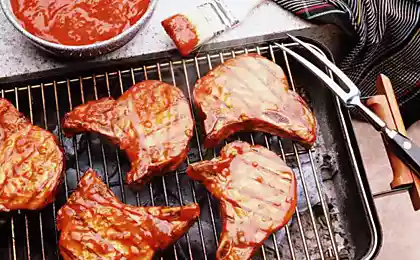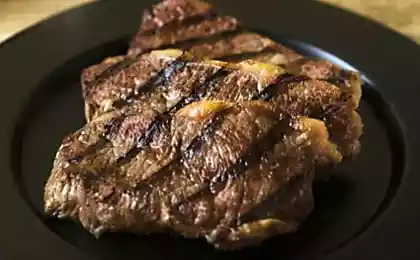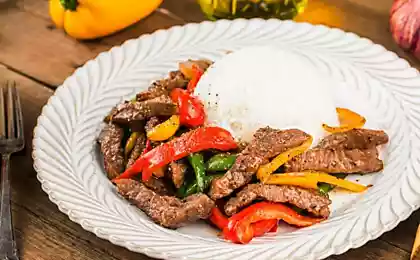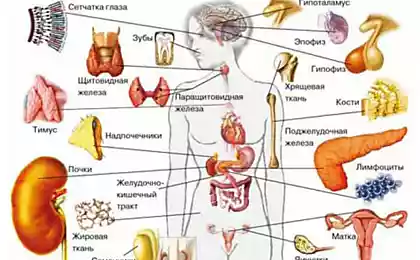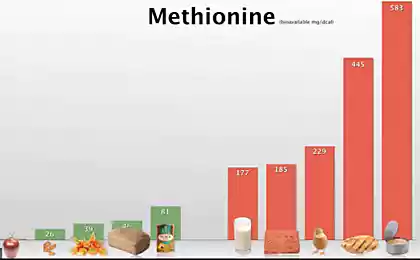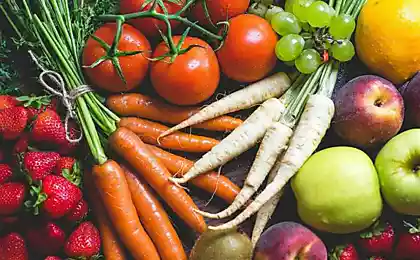955
Filet of beef artificial fell significantly

Photo: Shutterstock sup> i>
The cost of artificially grown in the laboratory of beef decreased to about $ 80 per kilogram. The head of this research program, Professor Mark Post of Maastricht University led this price as a guide in the interview Australian television. In the summer of 2013, when the artificial steak meat first roasted and offered to try to volunteers in front of journalists, it is a pleasure creators cost of $ 273,000 for the hamburger with cutlet weighing 113 grams ($ 2,416,000 per kilogram).
The first of the volunteers - Australian specialist food Ms. Hanni Rutsler (Hanni Ruetzler) - expressed their sense of taste a little messy, "I was expecting a softer texture ... rich taste; it is close to the meat, but not enough juiciness. Consistency perfect, but I do not have enough salt and pepper. For me it's meat. It is not falling apart. " Blogger who writes about food, Shonvald Josh (Josh Schonwald) was a little more specific: "My mouth feels like a meat product. I do not have enough fat, there is a lack of it, but, in general, it seems that you eat a normal hamburger ».
Artificial meat produced in the laboratory by placing a microscopic portion of the "natural" muscle tissue in bovine serum. It runs the growth of cells that form the next piece of hamburger. Here there are two points that affect the production of artificial meat. On the one hand, calf serum - it is one of the products of a slaughterhouse, so vegetarians argument to the effect that the cultivation of meat "in vitro" will be to stop the senseless killing of animals for food, remains in question.
On the other hand, since the process of artificial meat tissue growth to some extent replicates the natural growth of the animal cells in the body, the rate of production of such meat analog. It is not possible yet to talk about his growing industrial level. Cell growth can be accelerated due to growth hormones, but it also eliminates the idea of artificial meat as of a certain healthy and environmentally friendly products.
However, the main argument of the supporters of artificial food is the argument comprehensive savings of such production on a global scale. If you try to compare the costs for growing beef in the traditional way and in the lab, it turns out that artificial meat requires about half the cost of energy. The cultivation of more than meat significantly reduces emissions of greenhouse gases and requires almost no for obvious reasons, pastures and farms.
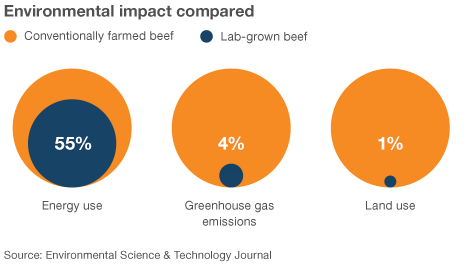
Source: geektimes.ru/post/248642/




